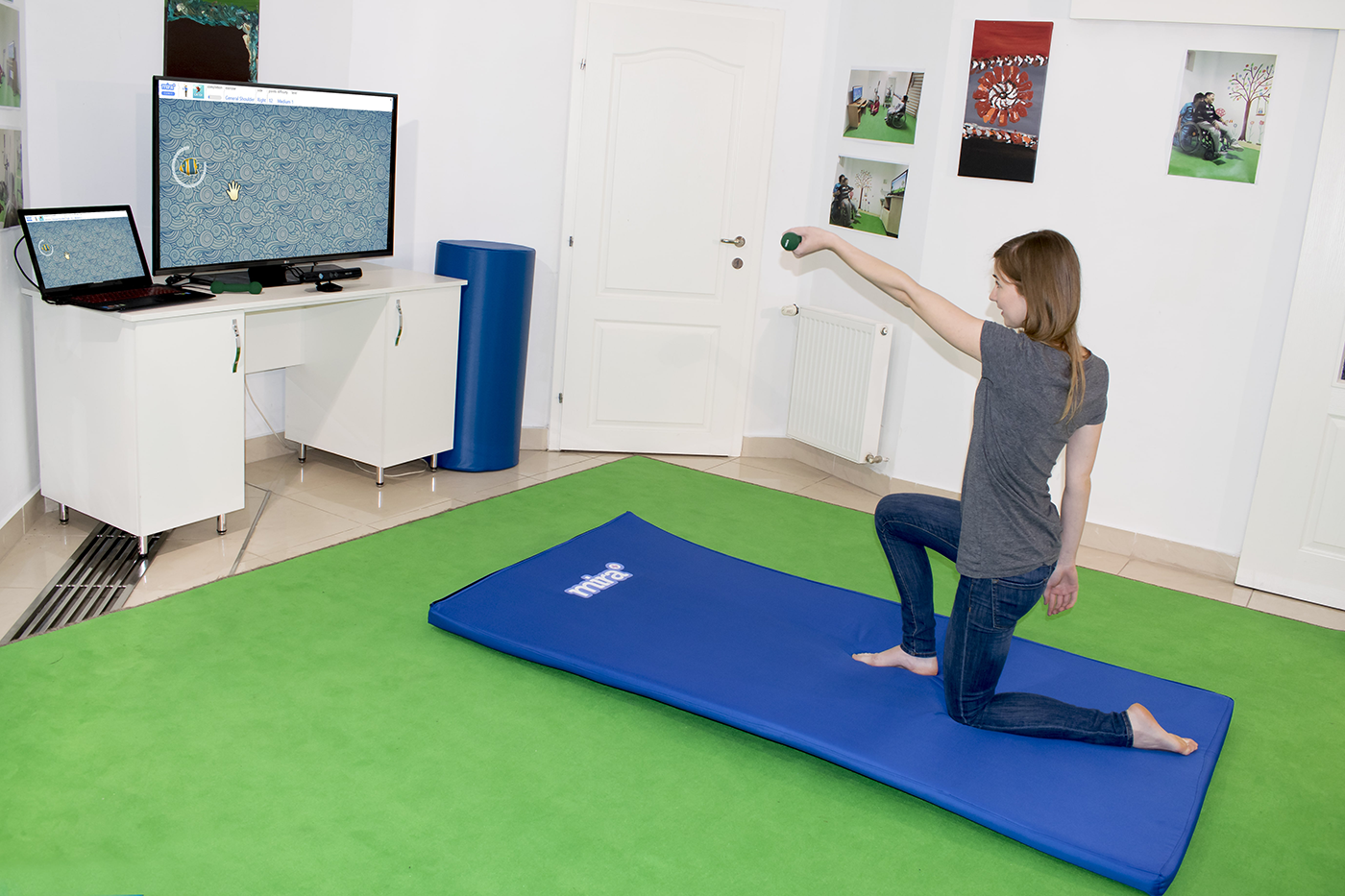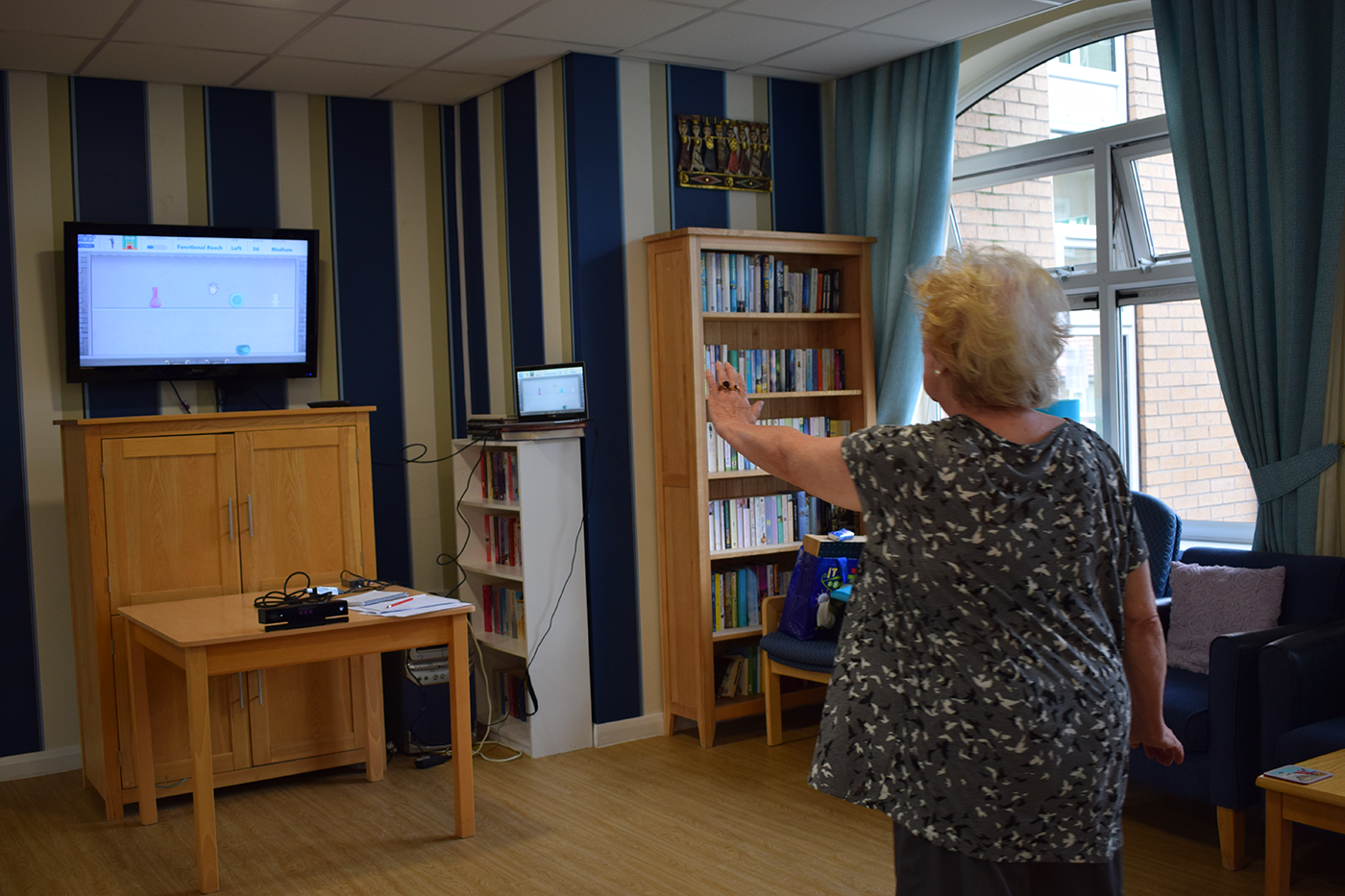Video Game-Based Physical Therapy Aims to Make Rehabilitation Fun
Many patients are reluctant to perform physical therapy after an injury or a surgery, because it’s often painful or boring. However, physiotherapy after surgery is the key to a full recovery. Mira is a medical software application which turns physical and cognitive exercises into interactive video games.
The only requirement is a compatible computer and Microsoft Kinect for XBOX 360 Sensor, which detects movements of the patients and transfers them to a screen. The software is designed as a therapist tool for neurological or orthopaedic conditions and can be used with patients aged 3 to 102 year.

Tracks Progress
The application can be fully customized and tailored to the patient’s needs. Mira also tracks the patient’s progress, allowing therapists to adjust the treatment accordingly. All data gathered by Mira are available to the therapists, that can easily see the patient’s performance. This keeps them motivated, as they feel more responsible for their progress.
At MIRA, our goal is to motivate people to get better in a faster, easy and fun way.
Provides Feedback & Stores Data
Mira can be be used at home between therapy sessions. Rebecca Scott, the senior physiotherapist at National Star College, Cheltenham, told the Guardian: “It’s similar to Nintendo Wii, but Mira gives feedback. It tells us how far a child’s arm has moved and the speed and range of movement – information that the therapist can then use to adapt and develop techniques to chart progress and improvement.”

How Did the Founders Come up With This Idea?
The CEO and co-founder of Mira, Cosmin Mihaiu, realized that many patients hated physiotherapy. In fact, he had to go to physical therapy after an injury as a young boy. He found the exercises boring and barely followed the treatment. In result, the whole process of recovery took him twice longer. The majority of the patients simply don’t do their exercise, because they lack the motivation as they don’t see the results immediately.
He and his three friends thought: “Wouldn’t it be great if patients could play their way to recovery?” That’s when they started to build Mira. They further plan to develop exercises also for children with autism, mental health or speech disorders.
Check out Mira’s website or their Facebook for more details.





